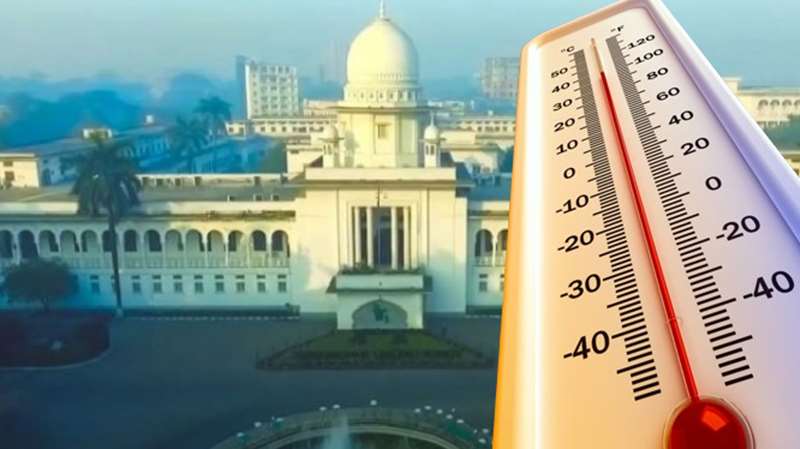High Court Verdict Upholding Islam as State Religion

The High Court
The High Court has recently delivered a verdict upholding Islam as the state religion, dismissing a writ challenging its constitutional validity. The verdict, announced by a three-judge bench, reaffirms the status of Islam as the state religion of Bangladesh and addresses the concerns raised by the writ petitioner regarding its compatibility with the constitution.
Key Points of the Verdict
Constitutional Validity Upheld
The High Court directly dismissed the writ challenging Islam as the state religion, asserting that it does not contravene the constitution or undermine its basic structure. The verdict affirms the legal status of Islam as the state religion of Bangladesh.
Judicial Bench and Decision
A three-judge High Court bench, led by Justice Naima Haider and comprising Justice Kazi Reza-ul Haque and Justice Md. Ashraful Kamal, unanimously agreed to dismiss the writ. However, it is noted that Justice Ashraful Kamal made separate observations in the judgment.
Lengthy Legal Process
The writ petition challenging Islam as the state religion was filed in 1988, nearly three decades ago. After years of legal proceedings, the High Court finally delivered its verdict, providing closure to the longstanding legal dispute.
Historical Background
Islam was declared the state religion of Bangladesh through the Eighth Amendment to the Constitution in 1988 by then-President Hussain Muhammad Ershad. The addition of Article 2(a) solidified Islam's status as the state religion, while guaranteeing the peaceful practice of other religions within the republic.
The High Court's verdict reaffirming Islam as the state religion signifies a significant legal decision that has implications for the country's constitutional framework and religious landscape. It underscores the judiciary's role in interpreting and upholding constitutional principles while addressing longstanding legal disputes.









পাঠকের মন্তব্য